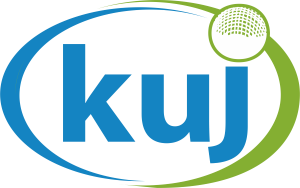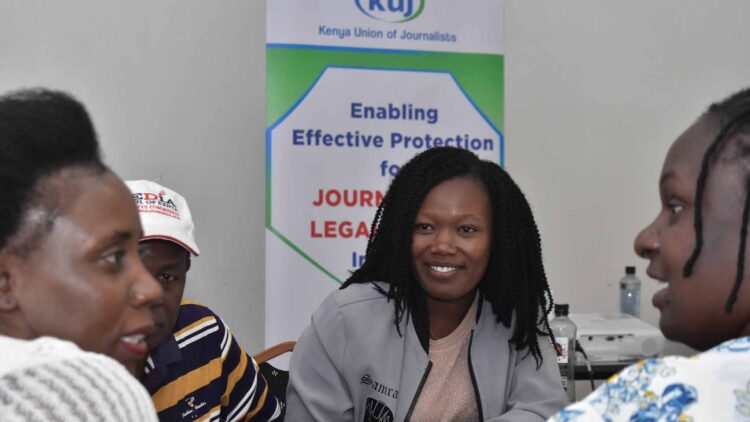Nakuru: Journalists Trained on Legal Provisions When Seeking Redress
Nakuru city journalists were Friday on the basic legal approaches they can use to pursue redress.
In collaboration with UNESCO’s Global Média Defence Fund, the goal is to enhance the protection of journalists by deepening their understanding of the legal provisions and framework applicable to the exercise of the journalist profession.
Mr Ibrahim Oduor, Head of the Media Legal Support Unit, KUJ facilitated the training sessions; participants noted that threats and intimidation prevented them from reporting various violations against them because of threats and intimidation.
In addition, a majority acknowledged that they had breached the Code of Conduct for the Practice of Journalism when doing their work—as a result, they had fallen into trouble.
They also cited job security as a worrying trend due to ambiguous contracts signed with their employers.
To better understand the issues, Mr. Ibrahim tasked the participants to respond to various scenarios and propose ways to advance their work positively.
A key proposal was to develop a mechanism for complaints by journalists to the Media Complaints Commission seeking compensation and remedies. Currently, complaints only come from the public.
Participants were told to familiarise themselves with the Media Council Act 2013 and the Defamation Act of Kenya regarding ethical reporting.
On sexual harassment (SHR) in the newsrooms, participants were told it is no longer a human resource issue but a legal issue based on the existing laws.
“SHR, with time, the employment industry has recognised it as a sexual offence and a criminal offence,” said Mr Ibrahim.
The training is part of the Global Média Defence Fund program dubbed “Enabling effective protection for journalists’ légal safety in Kenya”, which aims to help journalists through free legal assistance to safeguard media freedom.
The initiative offers training and legal services for journalists, as well as data and resources.

